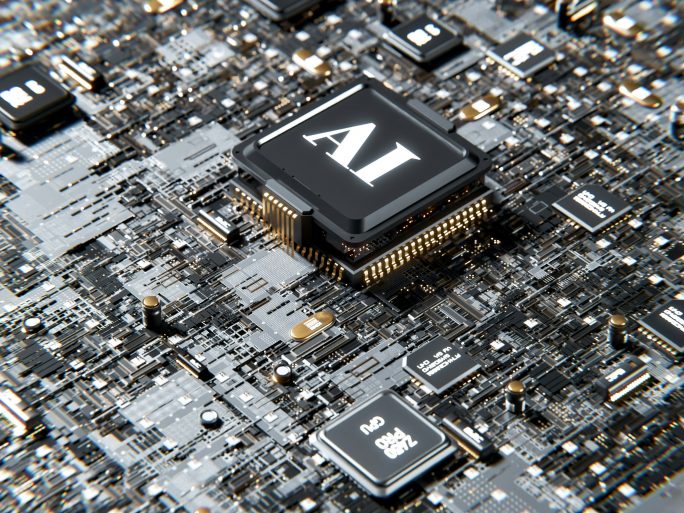AI in Companies – The Future of Digitalisation

The relevance of artificial intelligence (AI) is growing rapidly. This transformative technology impacts work processes, politics, and global affairs, offering both opportunities and challenges. Increasingly, companies are exploring the potential of AI and seeking ways to integrate it into their operations. Many collaborate closely with IT experts to facilitate the implementation of AI-based solutions.
What Artificial Intelligence Brings to Companies
AI has applications across numerous areas, including data collection, accounting, and the development of innovative marketing strategies. However, integrating AI into a company’s operations often requires adapting existing workflows. For instance, production processes may need to be restructured, or AI could suggest optimised procedures to enhance efficiency. Embracing these changes with an open mind is crucial; otherwise, the integration of AI may fail to deliver meaningful benefits. IT experts play a vital role in ensuring the seamless adoption of AI technologies.
Examples of AI’s Impact on Work Processes
- Automation of Routine Tasks:
AI can handle repetitive tasks such as data processing, order management, and invoice checks. By automating these activities, employees save time and can focus on more complex tasks. - Data Analysis:
AI excels at analysing large datasets quickly, identifying patterns that can inform decision-making. For example, some bakeries use AI to track purchasing trends, enabling precise recommendations for when to restock or produce specific goods, optimising resources and reducing waste. - Customer Service:
Chatbots and virtual assistants significantly enhance the customer experience by reducing waiting times and providing immediate assistance without requiring human intervention. - Employee Training:
AI can create tailored training programs to accommodate various learning styles, ensuring accessibility for diverse users. For instance, platforms like Duolingo leverage AI to adapt lessons to individual learners’ needs.
AI and Security Concerns
While AI offers significant benefits, it also brings challenges, particularly in areas like data security. In German-speaking markets, data protection remains a critical issue. Questions about how AI safeguards and encrypts customer data, and how easily stored information can be accessed, are common concerns.
AI can also lead to unintended consequences in areas like advertising. For instance, AI-generated images can resemble real people, potentially causing confusion or ethical dilemmas.
One of the most pressing concerns about AI is its impact on employment. While AI is unlikely to replace humans entirely in the near future, certain roles are at risk, particularly in areas like administration, data processing, production, and customer service. These roles often involve repetitive tasks that AI can perform efficiently. However, there are fields where AI is less likely to replace human workers, such as therapy, the arts, teaching, education, and management. These roles rely heavily on creativity, emotional intelligence, and complex interpersonal skills—qualities that AI has yet to replicate effectively.
Artificial intelligence presents a wealth of opportunities for companies but also raises important questions about adaptation, security, and the future of work. By approaching these challenges thoughtfully and leveraging the expertise of IT professionals, businesses can harness AI’s potential while navigating its complexities.